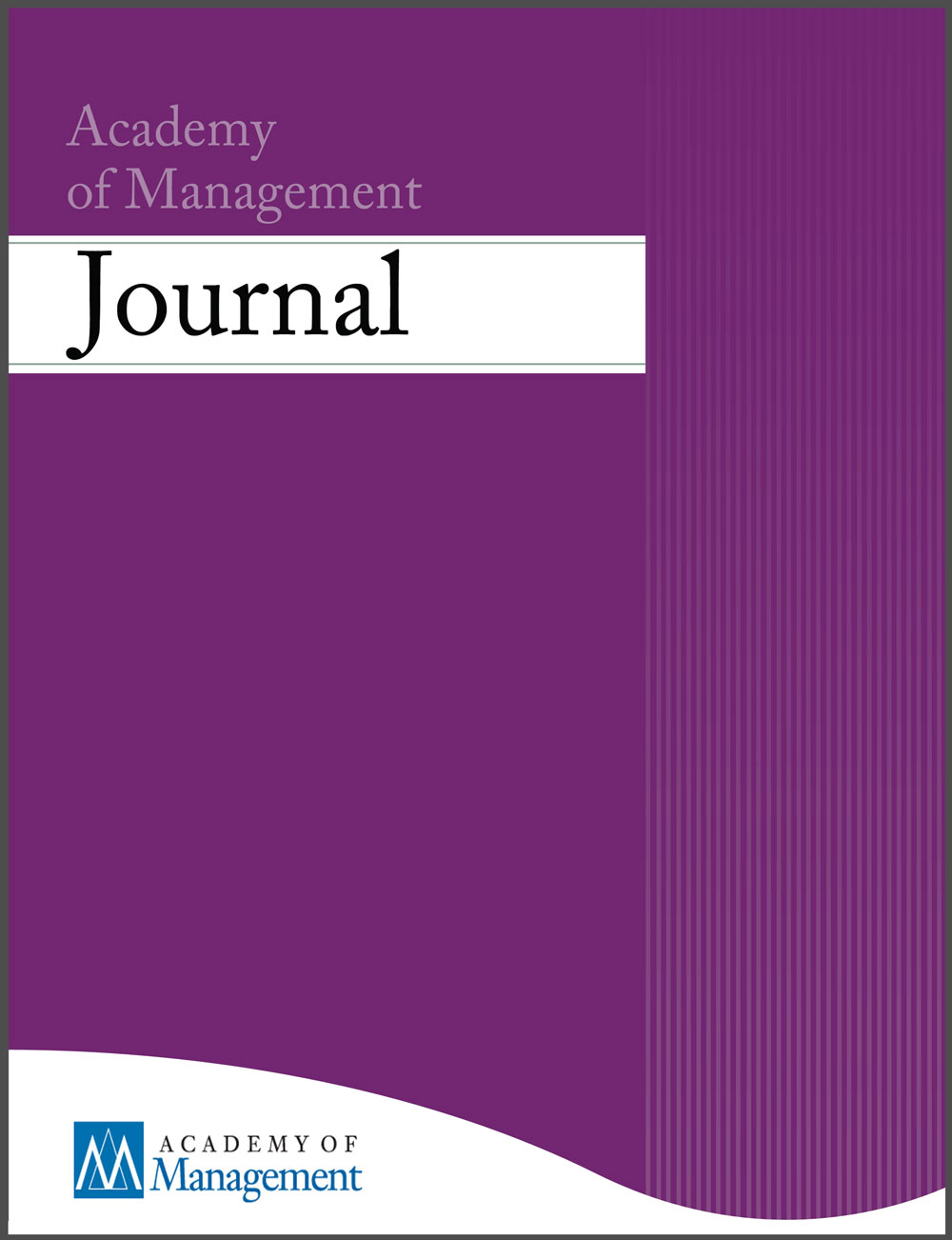组织中的语言包容性:后苏联时期哈萨克斯坦的一家俄语银行
IF 10.5
1区 管理学
Q1 BUSINESS
引用次数: 0
摘要
各组织越来越多地使用多种语言为外部利益相关者服务,但在内部工作流程中却往往采用单一语言的做法。由于语言既是一种技能,也是身份的来源,因此,在这些组织中,地位较低的语言使用者可能会遭遇基于身份的排斥,尽管他们拥有共同的企业语言技能。因此,我们探讨了语言包容性如何在对多语种服务的需求和对组织中通用语言的需要之间的紧张关系中出现。我们以对哈萨克斯坦一家讲俄语的银行的定性研究为基础,从理论上探讨了在社会语言动态不断变化的背景下,具有不同语言和社会文化背景的参与者如何参与社会语言工作,即在组织内部围绕特定语言的使用形成惯例的日常行为。通过社会语言工作,边缘群体、中间群体和主流群体的成员对社会变化做出反应,并影响他人对语言和行为的看法,最终随着时间的推移重塑内部语言动态。通过将语言概念化为多样性的一个重要维度,通过社会语言学工作理论化语言包容性的出现,并强调中间群体在这一过程中的关键作用,我们推进了组织中语言和包容性交叉点的研究。本文章由计算机程序翻译,如有差异,请以英文原文为准。
Linguistic Inclusiveness in Organizations: A Russophone Bank in Post-Soviet Kazakhstan
Organizations increasingly operate in diverse languages to serve external stakeholders, yet often adopt monolingual practices for internal work processes. As language is both a skill and a source of identity, low-status language speakers may experience identity-based exclusion in such organizations, regardless of their common corporate language skills. We thus explore how linguistic inclusiveness can emerge among tensions between the demands for multilingual services and the need for a lingua franca in organizations. Grounded in a qualitative study of a Russophone bank in Kazakhstan, we theorize how actors with different linguistic and sociocultural backgrounds engage in sociolinguistic work—that is, everyday actions that shape practices surrounding the use of a particular tongue within an organization—in the context of changing linguistic dynamics in society. Through sociolinguistic work, members of marginalized, in-between, and dominant groups respond to societal changes and influence others’ perceptions of languages and behaviors, ultimately reshaping internal linguistic dynamics over time. By conceptualizing language as an important dimension of diversity, theorizing the emergence of linguistic inclusiveness through sociolinguistic work, and highlighting the critical role of an in-between group in this process, we advance research at the intersection of languages and inclusiveness in organizations.
求助全文
通过发布文献求助,成功后即可免费获取论文全文。
去求助
来源期刊

Academy of Management Journal
Multiple-
CiteScore
16.00
自引率
5.70%
发文量
99
期刊介绍:
The mission of the Academy of Management Journal (AMJ) is to disseminate empirical research that rigorously tests, extends, or constructs management theory while enhancing management practice. The journal welcomes diverse empirical methods, including qualitative, quantitative, field, laboratory, meta-analytic, and mixed methods. For publication in AMJ, research must exhibit robust empirical and theoretical contributions, with manuscripts emphasizing the practical relevance of these contributions to management practice. Authors are encouraged to craft original, insightful, interesting, and theoretically bold research that makes a substantial "value-added" contribution to the field's comprehension of a given issue or topic.
 求助内容:
求助内容: 应助结果提醒方式:
应助结果提醒方式:


